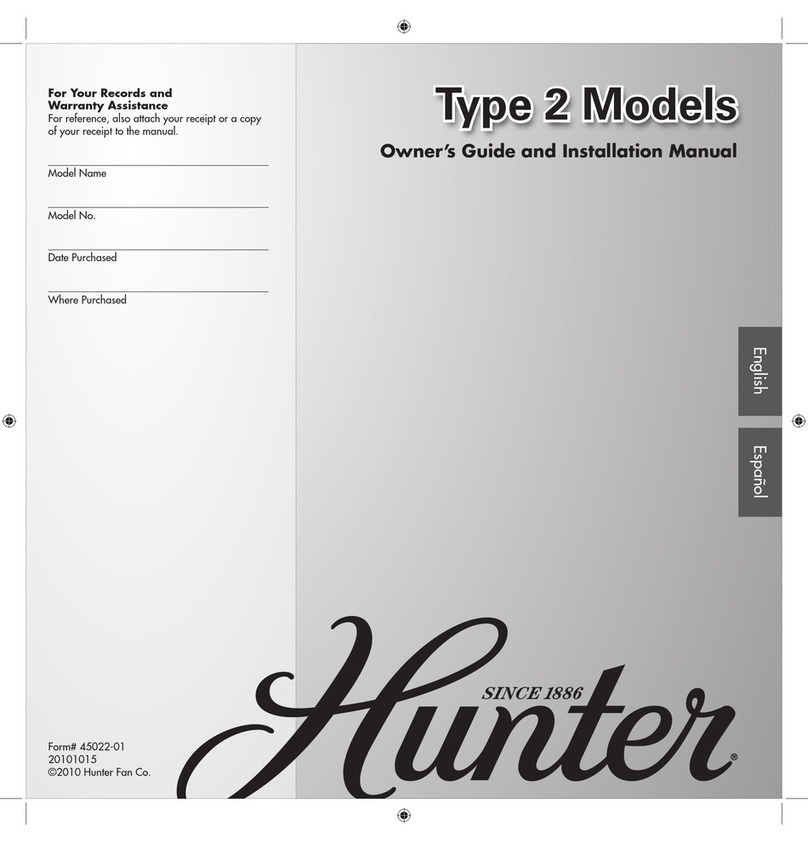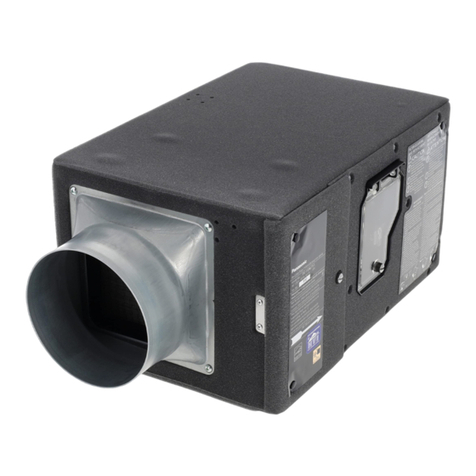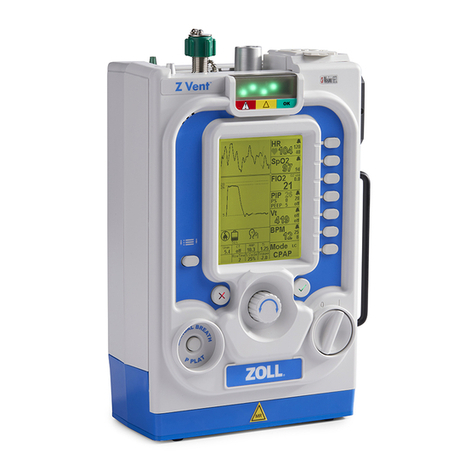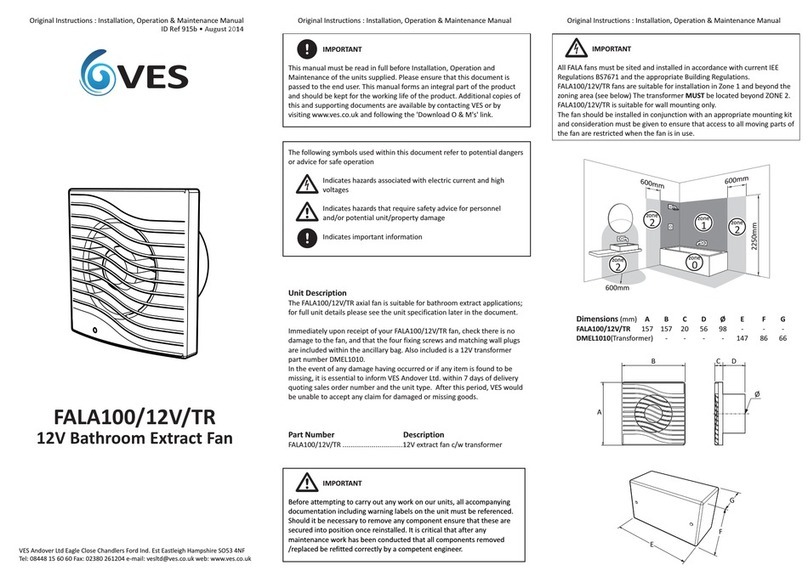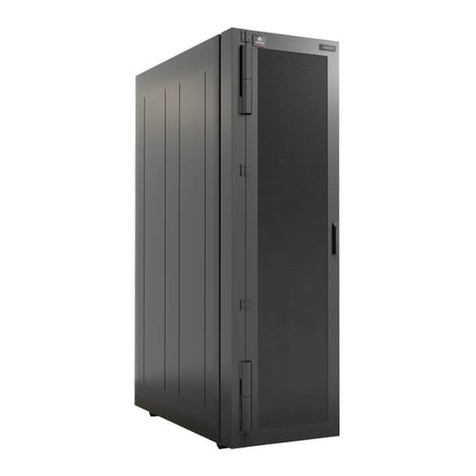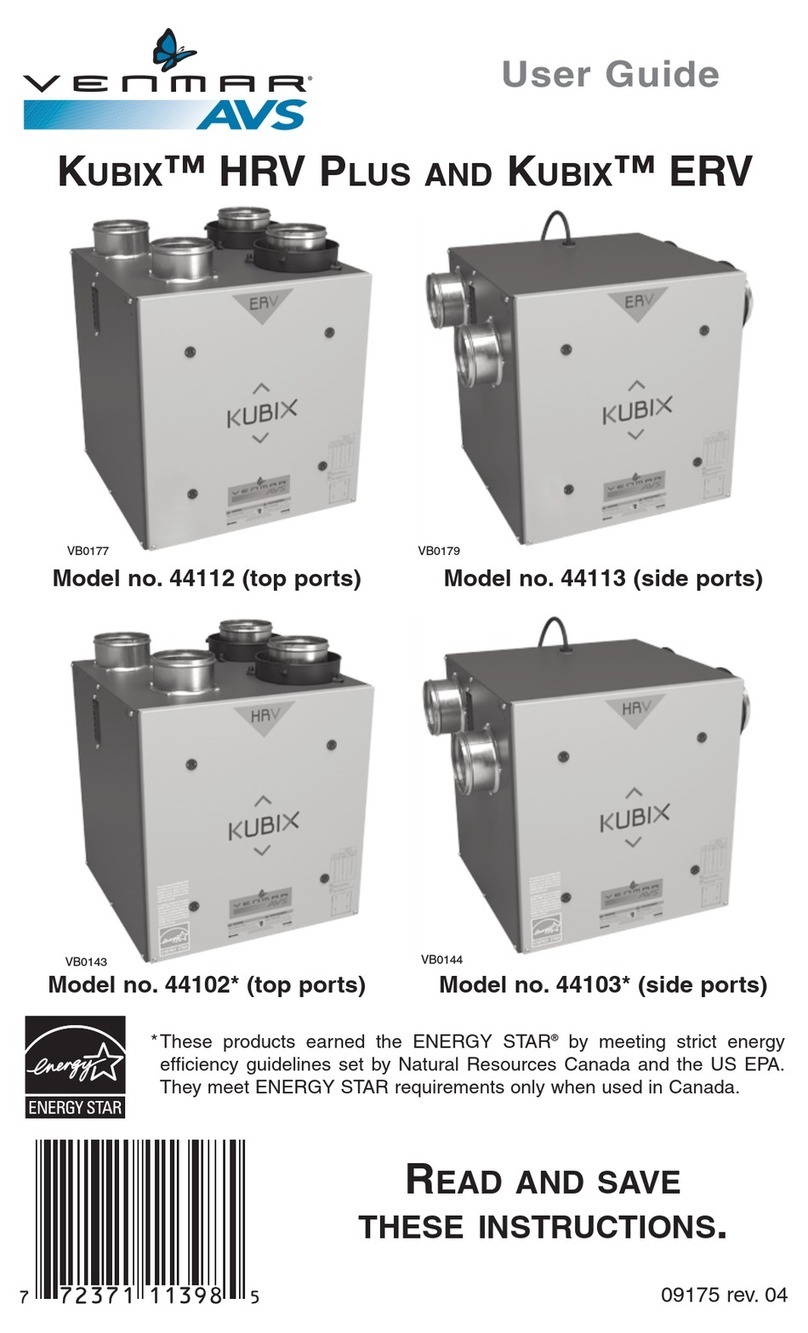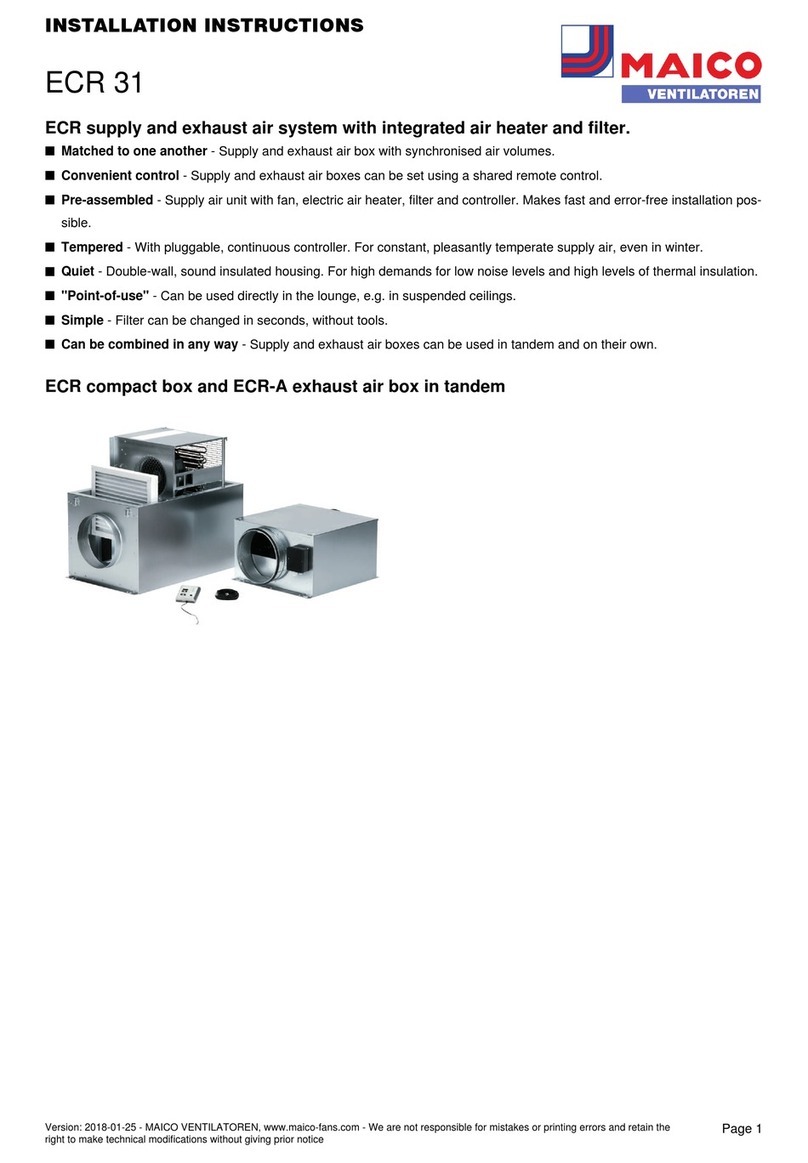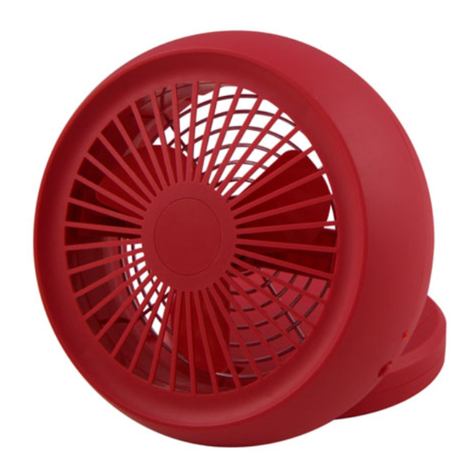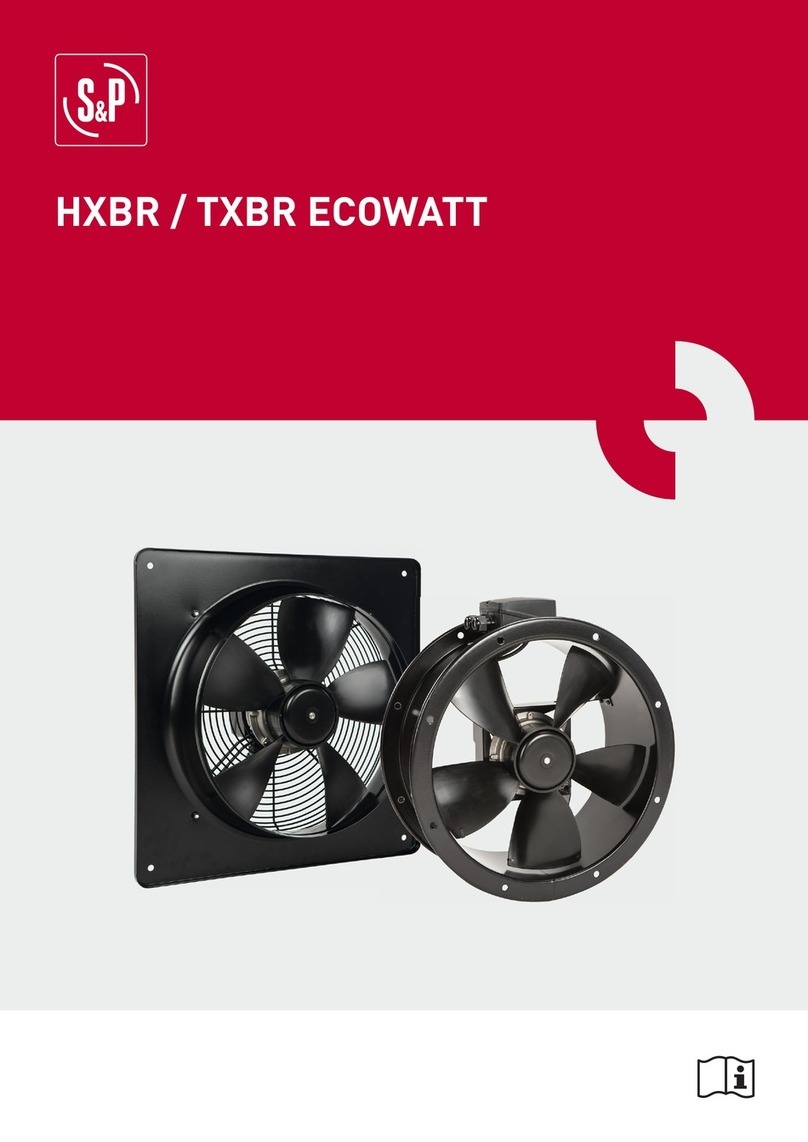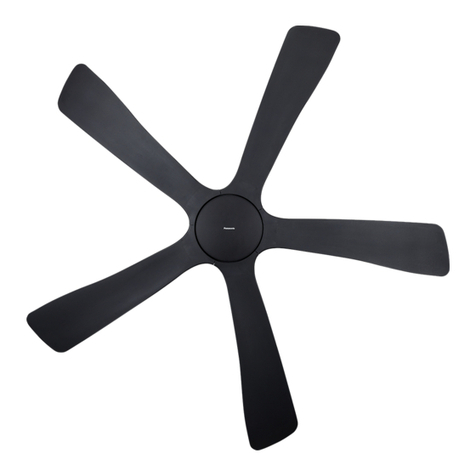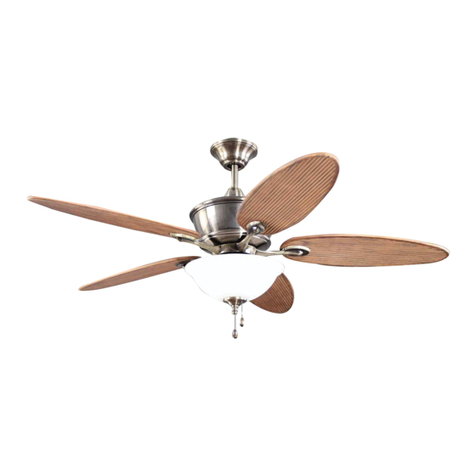
ii www.zoll.com 906-0731-01-05 Rev. C
Display Screen....................................................................................................................... 7
Message Area ................................................................................................................ 7
Parameter Windows ...................................................................................................... 7
Shared Icon Area ........................................................................................................... 8
Auxiliary Parameter Boxes ............................................................................................ 8
Pneumatic Design.................................................................................................................. 9
Fresh Gas Intake and Attachments ..................................................................................... 10
Top Panel............................................................................................................................. 10
Oxygen Input: High Pressure Gas Supply ................................................................... 11
Ventilator Circuits................................................................................................................. 12
Ventilator Circuit Types ................................................................................................ 14
Pulse Oximeter Sensors ...................................................................................................... 15
Power Sources .................................................................................................................... 15
Operating Using External DC Power ........................................................................... 15
Operating Using Battery Power ................................................................................... 15
Chapter 3 Setting Up the ZOLL Ventilator
1. Attach the Ventilator Circuit................................................................................................2
2. Attach the High Pressure Oxygen Supply (Optional)......................................................... 3
3. Inspect Fresh Gas Intake Filters........................................................................................ 3
4. Connect Fresh Gas Intake Attachments ............................................................................ 4
5. Select the Ventilator’s Power Source................................................................................. 5
Connecting the Power Supply ....................................................................................... 6
6. Power On the Ventilator..................................................................................................... 7
7. Select Start Up Default Values........................................................................................... 8
8. Select Operating Mode (Optional) ................................................................................... 10
9. Change Parameter Values................................................................................................11
10. Change Ventilator Settings .............................................................................................11
11. Perform Operational Test ............................................................................................... 12
12. Attach the Pulse Oximeter Probe (Optional).................................................................. 13
13. Attach Patient................................................................................................................. 13
Chapter 4 Using the ZOLL Ventilator
The Ventilator Interface.......................................................................................................... 2
Changing Parameter Values .......................................................................................... 2
Parameter Buttons................................................................................................................. 2
Mode...................................................................................................................................... 2
Breath Target ................................................................................................................. 4
Leak Compensation ....................................................................................................... 4
BPM (Breathes Per Minute) -- Timing and Rate Management .............................................. 5
Control Parameter ......................................................................................................... 5
Rise Time ....................................................................................................................... 5
BPM Parameter Settings ............................................................................................... 7
Vt (Tidal Volume) ................................................................................................................... 8

